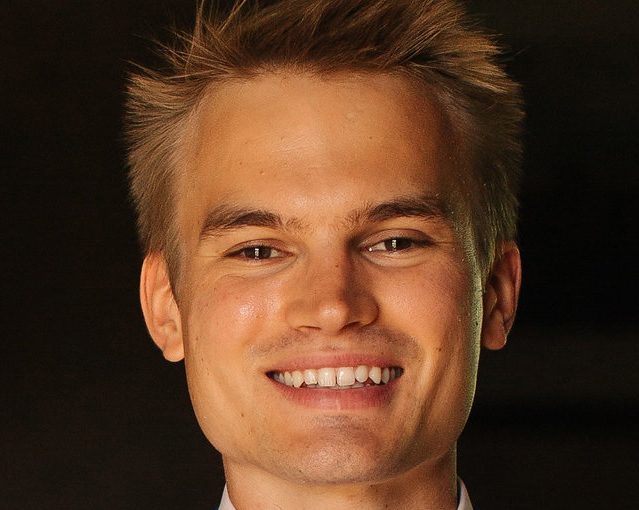- Personal website:
https://sites.google.com/view/pe-collignon
- Email address:
pierre.edouard.collignon@ensae.fr
- Research description:
Pierre-Edouard a doctoral student at CREST – École polytechnique. His main research interests are Macroeconomics and Public Finance with a special focus on time inconsistency issues in optimal dynamic fiscal policy. His secondary research interests are Welfare Economics and Population Ethics.
- JMP:
Title: No Regret Fiscal Reforms
Link: https://drive.google.com/file/d/18gMtZrXqSgDy32_TwN_BLGzb-gk3bmCq/view?usp=sharing
- JMP Abstract:
How should fiscal policy react to shocks ex post while preserving incentives to work and save ex ante? The standard solution involves a commitment to a contingent policy, whereby the initial government sets all the policies for all future states of the world. Contingent policies are unrealistic. As an alternative, this paper introduces ”No Regret Fiscal Reforms”: the government may freely change its fiscal policy provided households do not regret their past decisions. Hence flexibility is provided and incentives to work and save are preserved. Such reforms can be achieved by changing taxes on both capital and labour such that wealth effects exactly compensate substitution effects. In a representative agent framework, I study how a benevolent government optimally uses No Regret fiscal reforms and compare them to optimal contingent policies. Both approaches yield very similar allocations and optimal No Regret reforms only lead to small welfare losses. Second, I consider Near-Rational Expectations i.e the government recognizes that agents’ beliefs about the distribution of shocks may be different from its own and wants to implement a policy robust to this unknown difference. No Regret fiscal reforms are fully robust to this departure from rational expectations. Finally, I study No Regret fiscal reforms with wealth and skill heterogeneity.

